Denver International Airport has taken a bold step toward eco-conscious aviation by removing toxic firefighting foam. Consequently, this move supports a global push to replace hazardous materials with safer alternatives. Additionally, the airport, already known for innovation, now strengthens its environmental leadership with this transformation.
Previously, federal rules required all airports to use chemical-laden foam to extinguish fuel fires. However, these foams contained harmful compounds that resist breakdown and pollute ecosystems. Fortunately, with new guidelines in place, Denver International Airport quickly shifted to fluorine-free foam. Therefore, this decision highlights its commitment to public health and sustainability.
Meanwhile, the airport’s firefighting team worked closely with experts to eliminate traces of old foam from its vehicles. In fact, engineers used advanced cleaning agents to extract toxic residues thoroughly. As a result, each truck went through multiple cleaning rounds, removing over 98% of harmful substances. Moreover, the process included both aircraft and structural firefighting vehicles to ensure full coverage.
For this large-scale project, Denver International Airport adopted PerfluorAd™ technology. Specifically, this method used powerful surface cleaners to remove stubborn chemicals efficiently. Furthermore, the airport carried out a second deep-cleaning phase to ensure no remnants remained from earlier foam use. Thus, this extra effort shows its dedication to lasting environmental change.
As climate challenges grow, aviation facilities must act swiftly. Accordingly, Denver International Airport stands out by proving that safety and sustainability can work together. Notably, the airport not only met national requirements but went beyond them to protect people and the planet.
By leading this transition, Denver International Airport encourages other airports to follow its path. Ultimately, its proactive approach sets a new benchmark for fire safety and environmental care in aviation. Hence, the results show that responsible operations can still deliver top-tier safety and performance.
Related stories:
Catch up on the top stories and travel deals by subscribing to our newsletter!

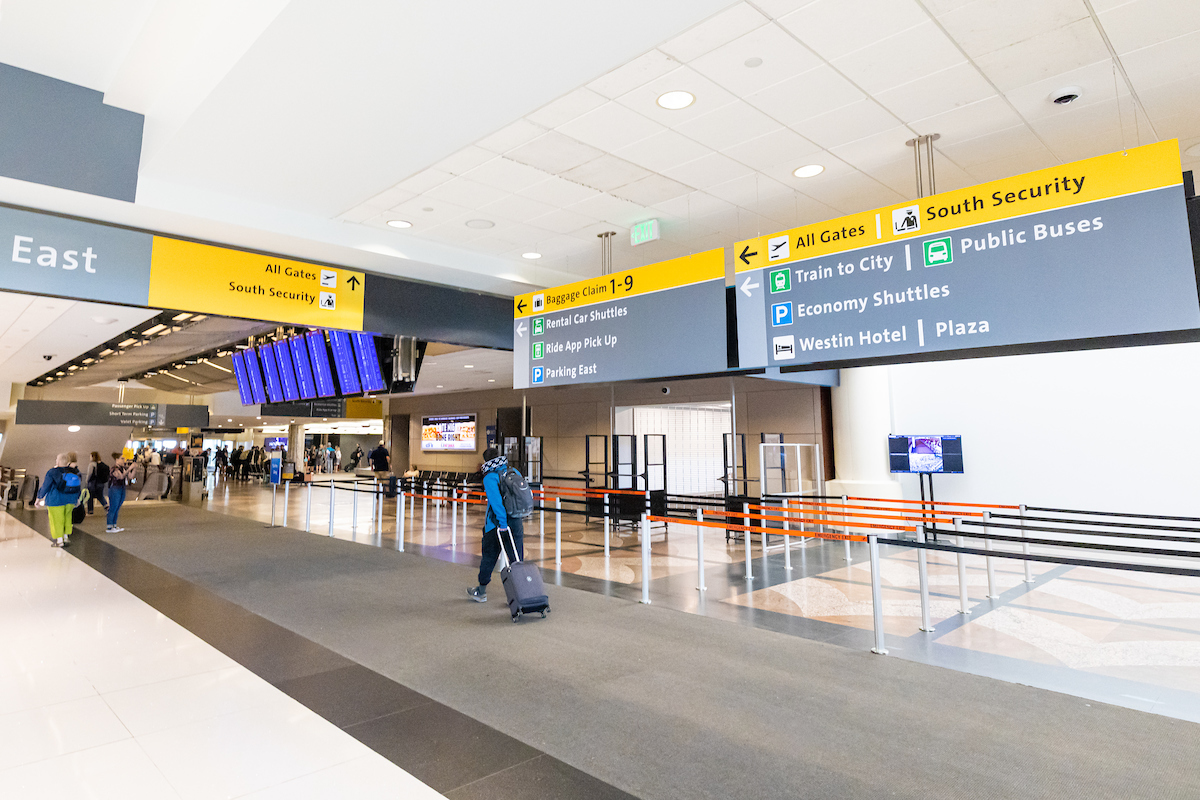


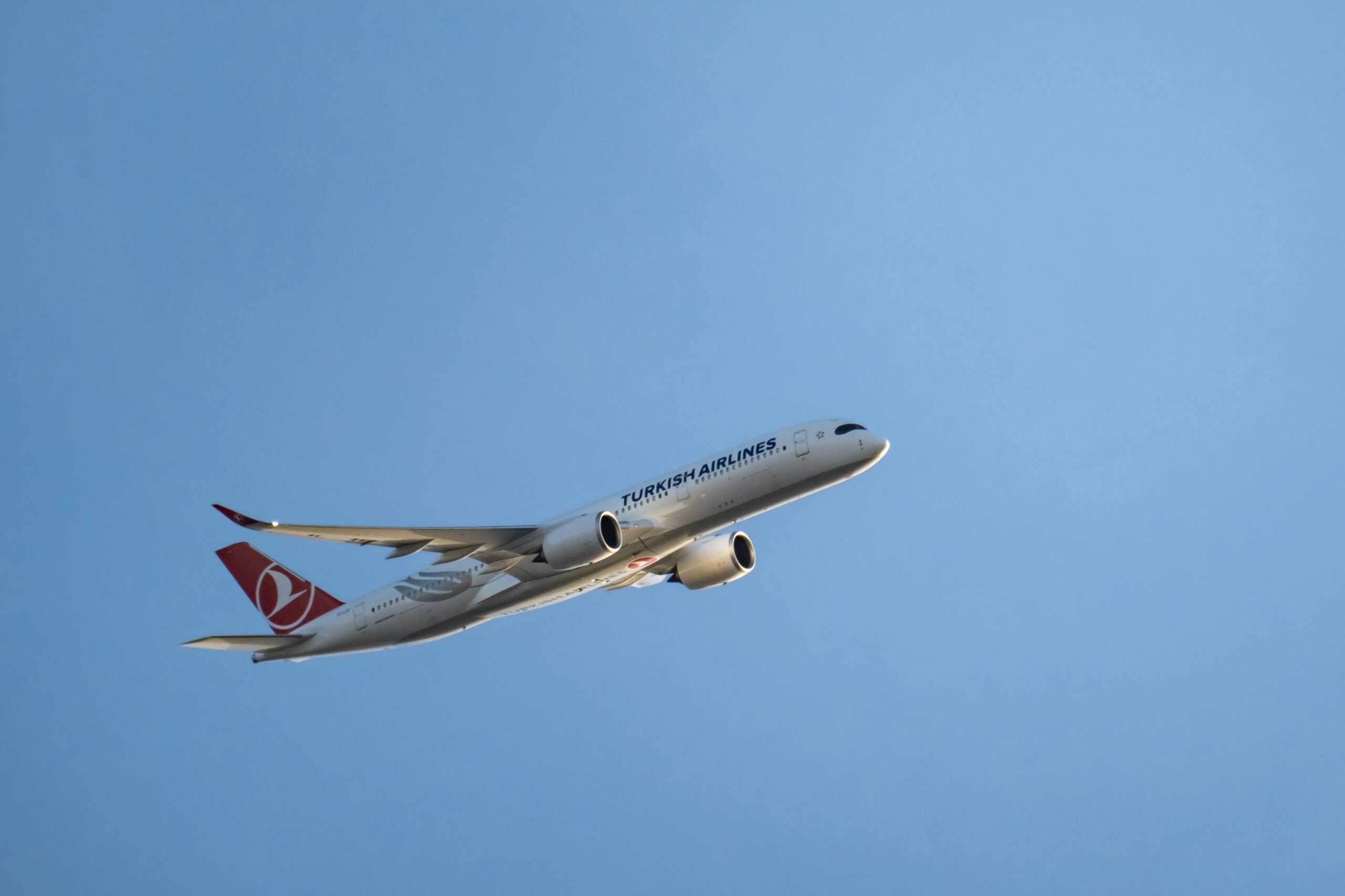
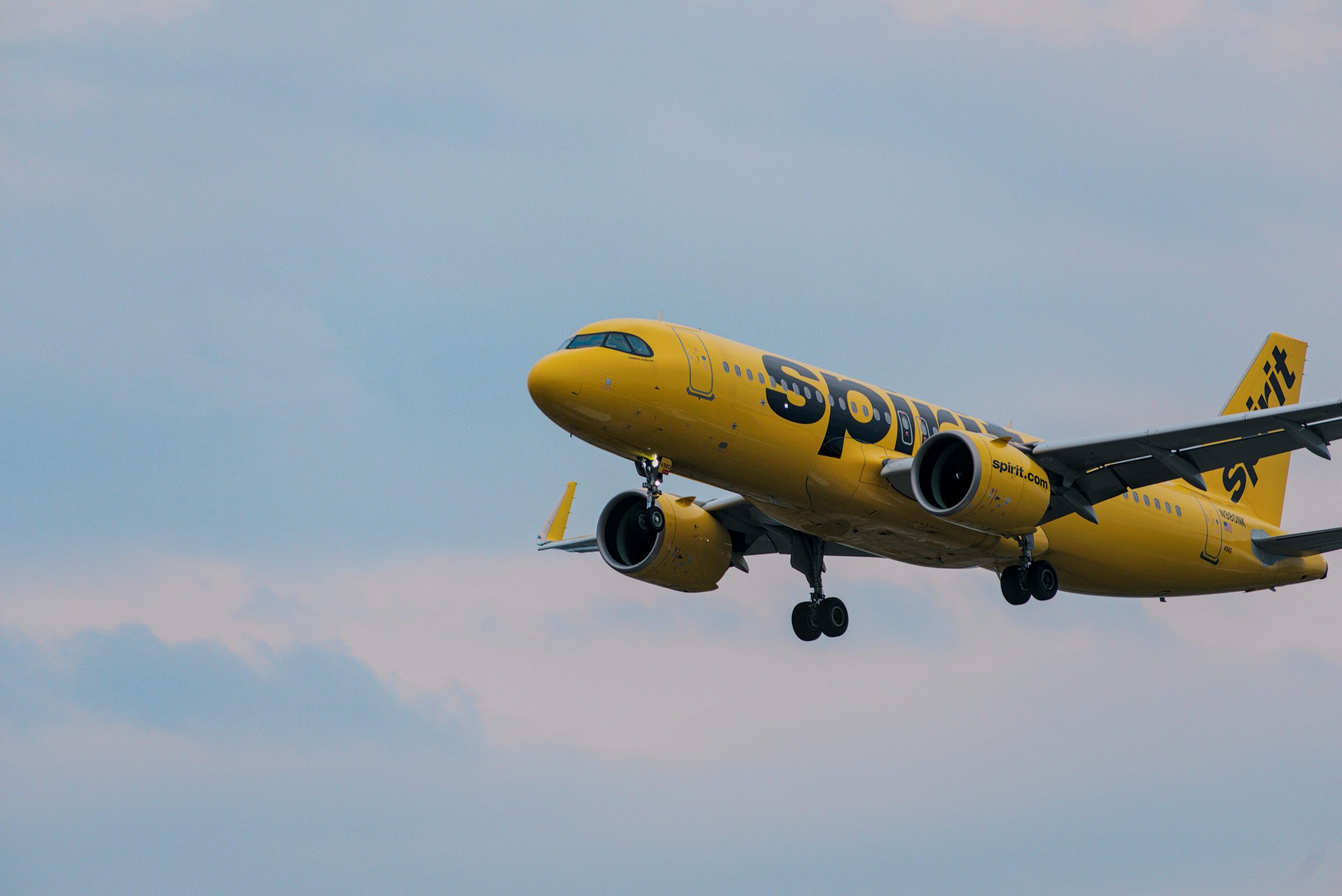
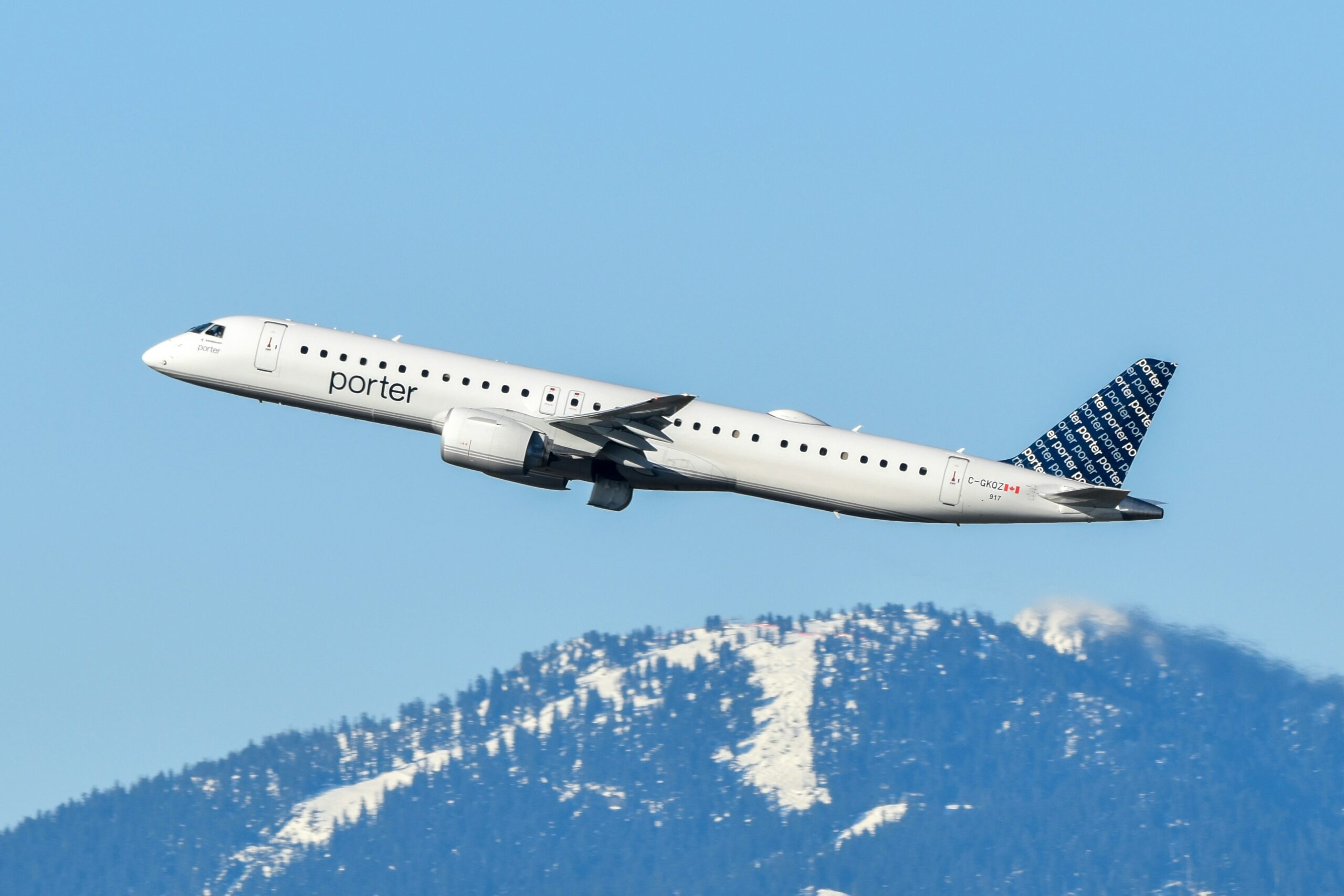
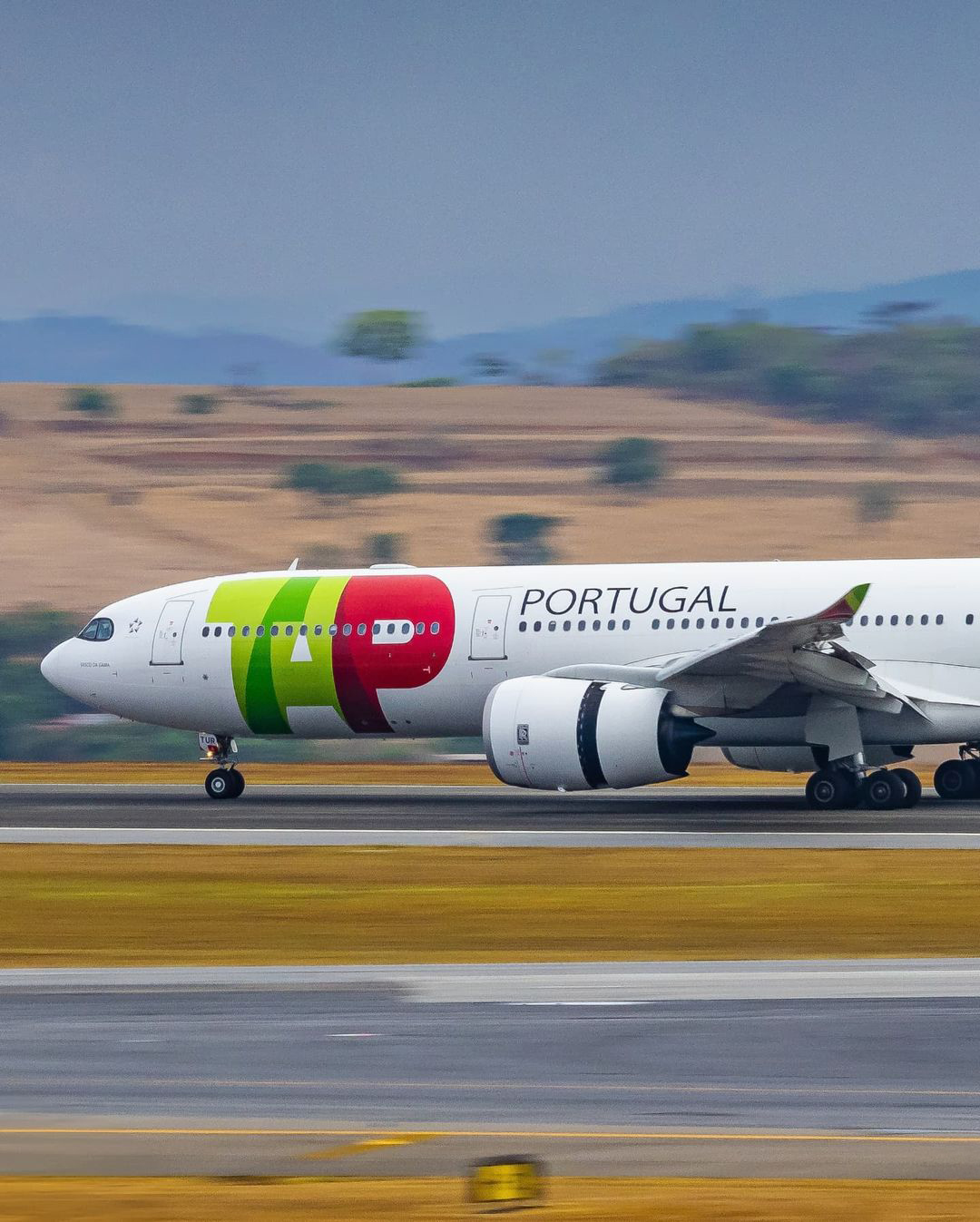




Leave a Reply